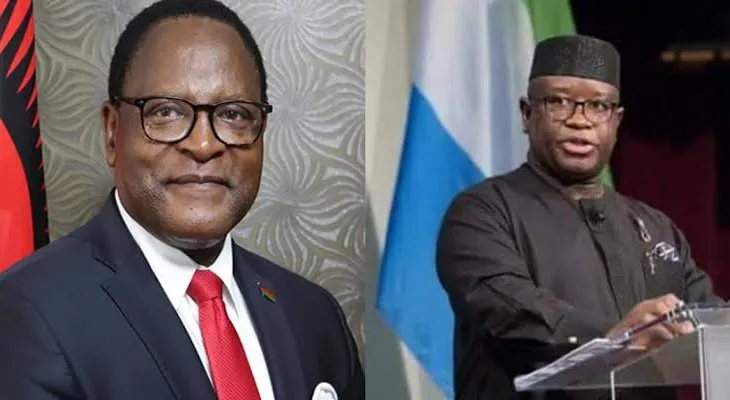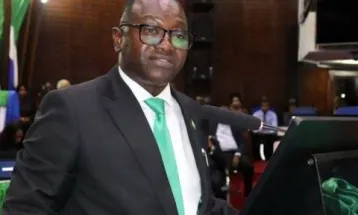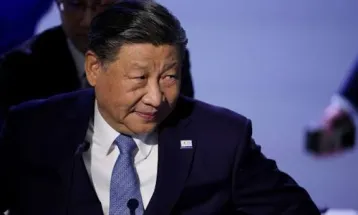
Malawi Announces Visa-Free Entry for Citizens of Sierra Leone and 74 Other Nations: A Bold Step towards Tourism Revitalization and Global Engagement
Malawi, under the leadership of President Lazarus Chakwera, has made a significant stride by announcing visa-free entry for citizens from over 75 countries, including Sierra Leone. This initiative, aimed at reinvigorating the country's tourism sector and bolstering international relations, reflects Malawi's commitment to openness and global engagement.
The decision to waive visa requirements for nationals of Sierra Leone and other designated countries is part of a comprehensive effort to overhaul Malawi's visa policies, allowing visitors to enjoy stays of up to 90 days without the hassle of obtaining a visa. By streamlining entry procedures, Malawi hopes to position itself as a top destination for travelers and investors worldwide.
President Chakwera's vision extends beyond mere tourism, as he seeks to leverage Malawi's abundant natural and cultural assets to attract visitors and foster economic growth. This initiative underscores the country's eagerness to embrace the international community and share its natural beauty and warm hospitality with the world.
Tourism Minister Vera Kamtukule has emphasized Malawi's diverse attractions, from the picturesque Lake Malawi, often referred to as the "Lake of Stars," to the wildlife-rich landscapes of Liwonde National Park and the scenic Nyika Plateau. These destinations offer visitors unparalleled opportunities for adventure, relaxation, and wildlife encounters.
With visa requirements lifted for citizens of 47 key countries, including Sierra Leone, Malawi aims to deepen its diplomatic and economic ties on the global stage. This strategic move not only facilitates smoother interactions with influential nations like the United Kingdom, China, Russia, and Canada but also underscores Malawi's commitment to nurturing robust international relations.
The government's decision is expected to lead to a surge in tourism, benefiting local economies, attracting foreign investment, and supporting the conservation of Malawi's natural and cultural heritage. By opening its doors wider to international visitors, Malawi is poised to showcase its unique offerings to the world while reaping the economic and social rewards of increased global engagement.




















